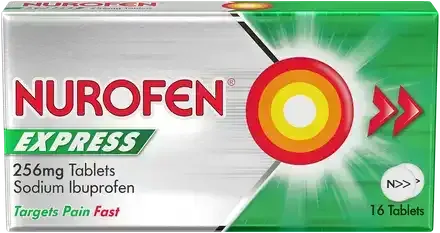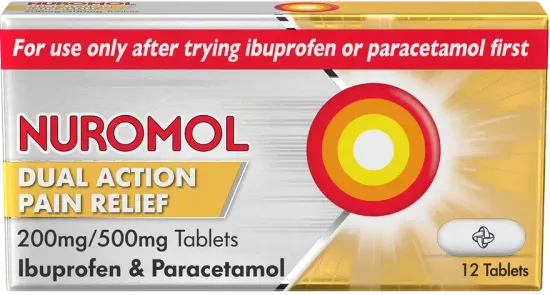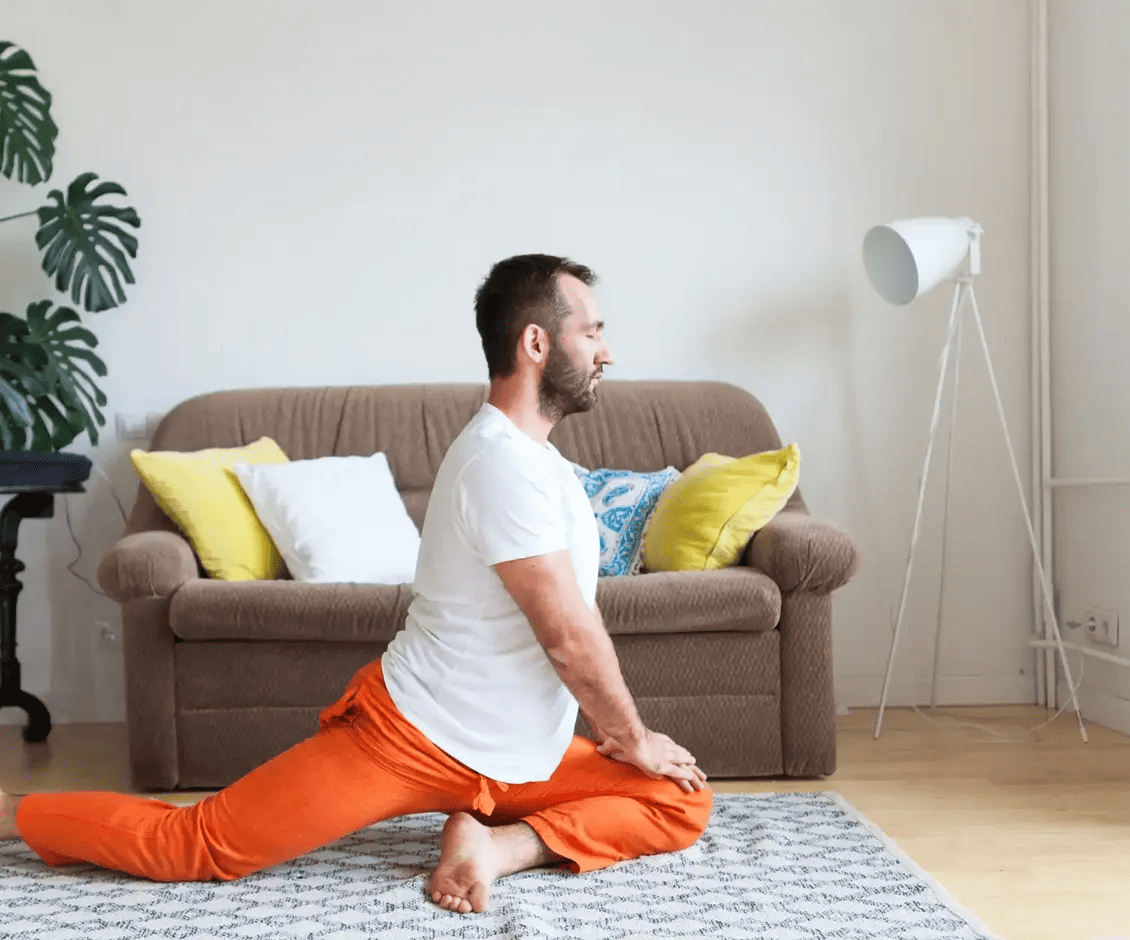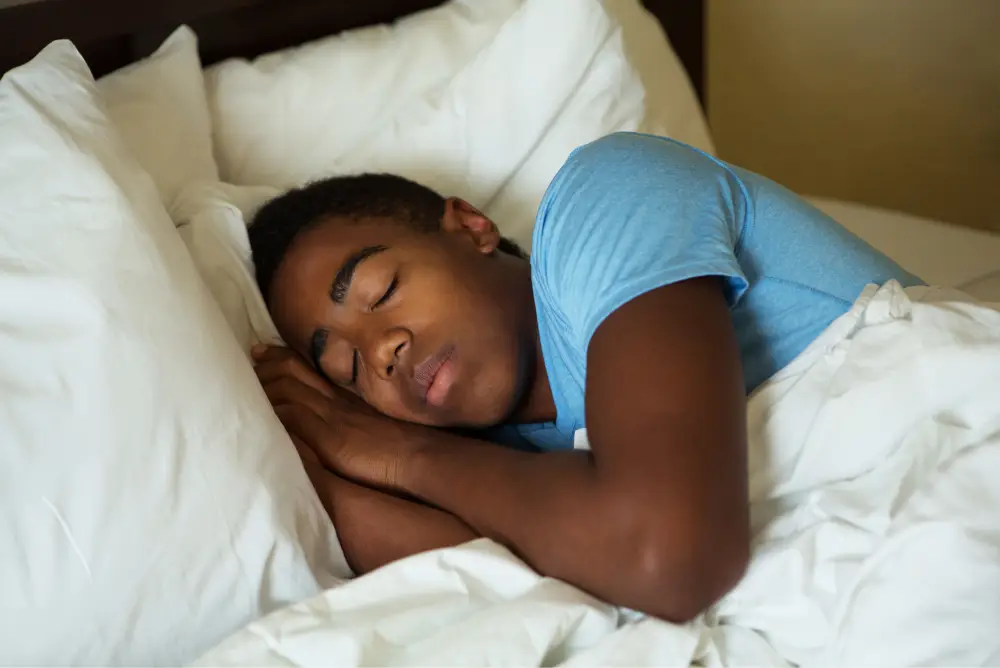Understanding and Relieving Common Aches and Pains
Regardless of age, most of us have experienced aches and pains. It can be clear where some of them come from, like sprains and strains. However, sometimes we get aches and pains that don’t seem to have an obvious source. Learning more about what causes common aches and pains can help you deal with them.
In this article:
- Why do I get aches and pains and how can I relieve them?
- Over-the-counter painkillers for relief of aches and pains
Why do I get aches and pains and how can I relieve them?
Pain is your body’s natural way of telling you that something is wrong. There can be many reasons for aches and pains.
Strains and sprains
We might get aches and pains in our muscles following a tough game of sport, or after completing physically demanding tasks at work or at home. Strains and sprains occur when muscles, tendons and ligaments have been damaged. They can occur from overstretching or twisting muscles or from not warming up before exercise.
Sprains usually affect the wrists, ankles, thumbs and knees, when the ligament (tissue that connects the joints) is torn or twisted. When ligaments are damaged, there may also be swelling and bruising around the affected joint. Strains are more likely to affect feet, legs and back, when the muscle is overstretched or torn or pulled. Most strains happen when that part of the body is over-stretched or contracts too strongly. Hamstring injuries are the most common muscle strain.
If you have a muscle strain or sprain:
Rest that part of the body. Take steps to reduce swelling and inflammation in the first few days - follow the PRICE (Protection, Rest, Ice, Compress, Elevate) principle:
- Protection – protect the injury using a support like a brace or supportive footwear
- Rest – stop any exercise or activities and avoid putting weight on the injury
- Ice – apply an ice pack for up to 20 minutes every 2 to 3 hours
- Compression – wrap a bandage around the injury to support it
- Elevate – keep it raised on a pillow as much as possible.
Move the injured joint when comfortable enough without pain stopping the movement, to avoid stiffness.
Cold and Flu Aches
Symptoms of colds or the flu include headache, fever and a sore throat, but your body can also feel achy and sore as a result of colds or the flu. Colds generally appear gradually and mainly affect the nose and throat. Flu appears quickly, within a few hours. Our immune system releases chemicals (called interleukins) that fight viruses and bacteria, but they can also cause pain and body aches.
If you have a cold or the flu:
To help you get better, rest and sleep, drink plenty of water to avoid dehydration, gargle salt water to soothe a sore throat and stay warm.
Headache
There are many reasons for a headache, from colds and flu, to bad posture. They can also be caused by hormonal changes during menstrual periods or menopause or can be the result of certain lifestyle habits such as drinking too much alcohol, not eating regular meals, not drinking enough fluids or taking too many painkillers. Eyesight problems and stress are also headache triggers.
When you have headaches
Along with drinking plenty of water, resting and relaxing can help to relieve a headache.
Back pain
Back pain, particularly lower back pain, is very common and there are many causes. A common cause of back ache is an injury like a pulled muscle (strain).Very rarely, back pain can be a sign of a serious problem such as a broken bone or infection. Seek medical advice if you are worried.
Dealing with back pain
Stay active if you can and try doing some stretches. Use an icepack on your back to reduce swelling or a heat pack to relieve stiffness or spasms.
Period Pain
Period pain is common and a normal part of a woman’s menstrual cycle.
It's usually felt as painful muscle cramps in the tummy, which can spread to the back and thighs. The pain can be intense spasms or at other times, dull but constant. Some women may feel pain a few days before their period starts.
During your periods
If you experience period pains, it can be helpful to try gentle exercise to help relieve the pain. Other ways to reduce pain, include putting a heat pad or hot water bottle wrapped in a tea towel on your tummy, have a warm bath or shower, or gently massage your abdomen. Stopping alcohol consumption and smoking may also reduce period pain.
Joint pain
Joint pain is common, particularly as we get older. The types of joint pain that people often experience include knee, shoulder, hip, foot, hand, elbow and neck pain. There are many possible causes of joint pain. It might be caused by an injury o r a longer-lasting problem such as arthritis. The symptoms might give an idea of what could be causing the pain. But try not to self-diagnose and see a GP if you’re worried.
Relieving joint pain
Resting the painful joint or putting an icepack on it for 20 minutes every 2 – 3 hours can relieve joint pain. It may also help to lose weight if you are overweight.
Over-the-counter painkillers for relief of aches and pains
Over-the-counter painkillers such as paracetamol, aspirin and ibuprofen can help to relieve many types of aches and pains, Ibuprofen is a type of pain medicine called a non-steroidal anti-inflammatory drug (NSAID) which helps relieve body aches and pain such as headache, period pain, short-term muscle pain like back ache and sprains and strains. Ibuprofen works by reducing prostaglandins production to reduce pain.
Learn more about Nurofen for body aches and pains here:
- https://www.nurofen.com.au/pain-advice/adult-pain/upper-back-pain/
- https://www.nurofen.co.uk/pain-advice/adult/muscular-pain/
This article is for general information only and not intended as a substitute for medical advice. All information presented on these web pages is not meant to diagnose or prescribe. In all health-related matters, always consult your healthcare professional.
RT-M-xzN9s2





